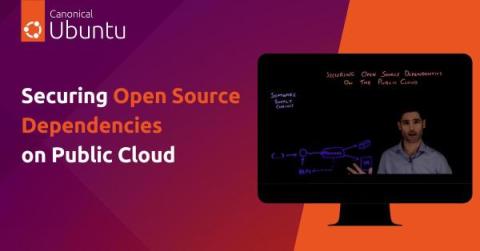Ceph storage for Kubernetes
Storage and container management systems are almost polar opposites of each other. One deals with permanently storing, and protecting data for as long as it’s needed. The other automatically manages highly dynamic workloads, scaling resources up and down as required. More organisations are taking a container-first approach to application deployment and management, but the underlying challenge of safely and securely storing data still remains the same.











